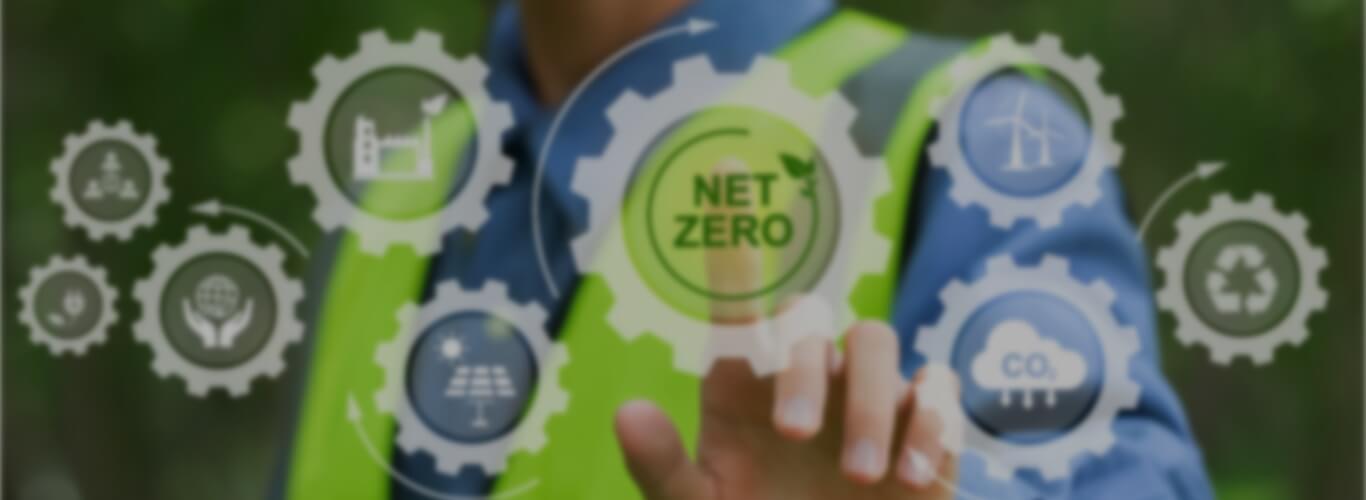
FAQs
FAQs
Energy efficiency refers to using less energy to perform the same task or produce the same outcome. It involves technologies and practices that reduce the energy consumption of buildings and appliances without compromising their performance.
Energy efficiency is crucial for reducing energy costs, lowering greenhouse gas emissions, enhancing energy security, and decreasing the environmental impact. It contributes to sustainable development by reducing the demand for energy and mitigating climate change.
Benefits include lower energy bills, improved indoor comfort, enhanced property value, reduced greenhouse gas emissions, and eligibility for various incentives and rebates.
You can improve energy efficiency by upgrading insulation, sealing leaks, installing energy-efficient windows and doors, using energy-efficient heating and cooling systems, and incorporating renewable energy sources like solar panels.
An energy audit is an assessment of a building’s energy use and performance. It identifies areas where energy is being wasted and recommends improvements. It’s a good starting point for improving energy efficiency and can help you prioritize upgrades.
Energy-efficient appliances use less electricity or gas to perform the same tasks as conventional models. This reduces your energy bills over time, often offsetting the higher upfront cost of these appliances.
Check the EnergyGuide label for information on energy consumption and compare it with other models.
Energy-efficient appliances often have a higher upfront cost but save money in the long run through lower energy bills.
Savings vary depending on the appliance and usage, but energy-efficient appliances typically use 10-50% less energy than standard models. Over the appliance’s lifetime, these savings can be substantial.
To ensure effectiveness, hire qualified professionals for installation, use high-quality materials and products, and follow up with regular maintenance. Monitoring energy use post-upgrade can also help verify improvements.
Regular maintenance of building systems and appliances ensures they operate at peak efficiency, extends their lifespan, and prevents energy waste. This includes tasks like cleaning filters, sealing ducts, and servicing HVAC systems.
The main sources of financing for energy efficiency projects include national funds, local financial institutions, international funds, international financial institutions (IFIs), and United Nations programs and funds.
National funds are government-established financial mechanisms that offer grants, loans, and equity to promote energy efficiency and renewable energy projects. They aim to advance specific national objectives and support a wide range of initiatives.
Local financial institutions serve as intermediaries that provide tailored financial products and services, such as loans and technical assistance, to support investments in the green economy. They facilitate access to financing for small and medium-sized enterprises (SMEs) and other eligible beneficiaries.
International funds, such as the Green Climate Fund (GCF) and the Global Environment Facility (GEF), provide grants, concessional financing, and technical assistance to support climate change mitigation and sustainable development projects in developing countries.
The GEFF is a financing program developed by the European Bank for Reconstruction and Development (EBRD) that supports businesses and homeowners investing in green technologies and projects. It operates through local financial institutions and offers advisory services to improve market practices.
The GCF provides financial resources to developing countries to help them achieve their climate goals. It supports projects across various sectors, including energy efficiency, through grants, concessional debt, guarantees, and equity, aiming to leverage additional investments from public and private sectors.
An energy-efficient mortgage allows homeowners to finance energy-saving improvements as part of their home purchase or refinancing. These loans consider potential savings from reduced energy bills when determining the loan amount, making energy-efficient homes more affordable.
Businesses can benefit from lower energy costs, improved competitiveness, access to financial incentives, and enhanced sustainability. Financing programs provide the necessary capital to implement energy efficiency measures and achieve long-term savings.
When applying for energy efficiency financing, consider the eligibility criteria, the type of financial products offered (grants, loans, equity), the application process, required documentation, and any technical assistance available to support your project.
Yes, there are specific financing options for SMEs, such as the GEFF SME Green Value Chain programs, which offer credit lines to participating financial institutions to on-lend to SMEs for investments in high-performing green technologies. Additionally, local financial institutions often have tailored financial products for SMEs.
To ensure eligibility, thoroughly review the guidelines and requirements of the financing program, prepare a detailed project plan that aligns with the fund’s objectives, and seek technical assistance if needed to strengthen your application.

